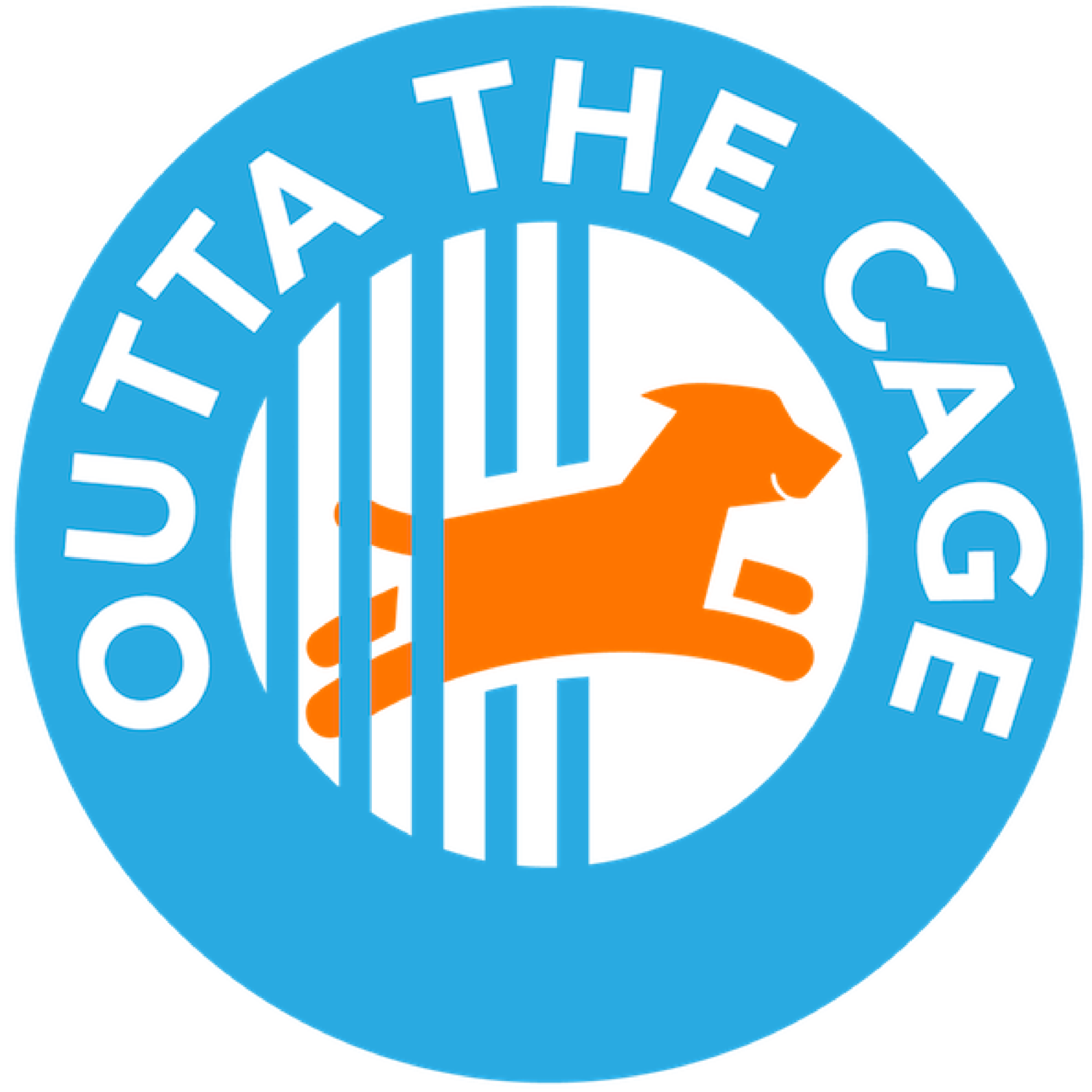Wanna quit rescue? Yeah. Me too.
In which Jill considers throwing in the towel.
2022 was a tough year in rescue. I sure had my share of low moments. A dog died before we could rescue her. We pulled a dog for a rescue that didn’t live up to its commitments—and paid money to make it right. We saved a few “easy” dogs who got zero interest. Earnest adopters and gung-ho fosters ghosted us. We had dogs returned by people who represented themselves as dog-savvy, who then made rookie mistakes.
I take returns especially hard. I find myself lecturing prospective adopters on what could go wrong, plying them with articles on decompression, crate training, dog rotation, and the 3x3x3 rule. I make them promise to do everything more slowly than they’d like. I’m pedantic and paranoid. I don’t like myself in these situations. But when the dog comes back for some completely preventable reason, I beat myself up.
The high highs keep rescuers going. But these days, the lows are getting lower. Dogs three to a kennel in shelters, medical dogs dying before we could save them, fewer adopters and longer stays, sky-high vet bills, tearful pleas from friends of friends begging for help rehoming...and the list goes on. We never rescue a dog without a Plan B, but these days getting a Plan A in place is like choreographing a ballet.
Then there are the critics. Online detractors seem to have multiplied lately. Diligent rescues are called names, accused of incompetence, and taken to task for not doing more. It’s exhausting and hurtful, and it’s worse than ever.
Whether we’re paid staff members, or we volunteer our time, for many of us saving animals is foundational to our identities. An article in the New Yorker on the recent phenomenon of quiet quitting described workers finding it difficult “to separate their personhood from their jobs.” A retired friend in rescue confided that if she couldn’t volunteer at the shelter, she wouldn’t know what to do with her life.
In her new book Quit: The Power of Knowing when to Walk Away, author Annie Duke explores the rightness of quitting. “Goals are fixed objects that don’t take into account new information that we might learn along the way,” Duke told the New York Times. “So we keep heading toward a goal…that may be hurting us in some way we can’t anticipate.”
For me, this was literal. I was bitten several times—and badly—by a shelter dog with glowing notes who’d been languishing in his kennel for 2 years. There was no warning, the dog just grabbed my leg in his mouth and didn’t let go. I could feel the teeth penetrate and, bizarrely, felt no pain. Until I did. I reached down (the three scariest three words in rescue) and flicked the dog’s muzzle off my leg. He bit my finger and let go.
When people do leave rescue, the water seems to close in right over their heads. Sometimes I wonder if I’d left Cali and Sal in the shelter if they’d have homes by now. Are we even making a difference?
Yeah, I want to quit. But I want to quit when things are better. I no longer believe the well-worn aphorism that we can “Save Them All.” But I do believe that challenging existing systems can drive efficiencies, raise awareness, and save more lives. Solid rescues promoting shelter reform and adoption are more necessary than ever. And we owe it to the shelter volunteers, our adopters and fosters, and our cherished donors to try.
In my low moments, I turn to the late Jerry Garcia, who said: “Someone’s gotta do something, and it’s just incredibly pathetic that it has to be us.” But right now, it has to be.


